During the visit to Mai Hoa Trang of poet Mai Hoa in Thien Nhan commune ( Nghe An province), we visited Thien Nhan mountain. We were moved by the remaining traces of Luc Nien citadel, respectfully burning incense at the ancient temple built by the people on the ancient citadel foundation. Scattered nearby were the remaining mossy stone wall foot sections.
Luc Nien Thanh used to be the supreme command post of the Lam Son insurgents led by Le Loi in the "six-year war" against the Ming invaders (1418 - 1423). In 1424, when withdrawing troops from Thanh Hoa to this area, Le Loi built a stone citadel called Luc Nien citadel (meaning "Six-Year Citadel") on Thien Nhan mountain. The citadel was hundreds of meters long, rectangular in shape, built in a stone-joined style, very solid.
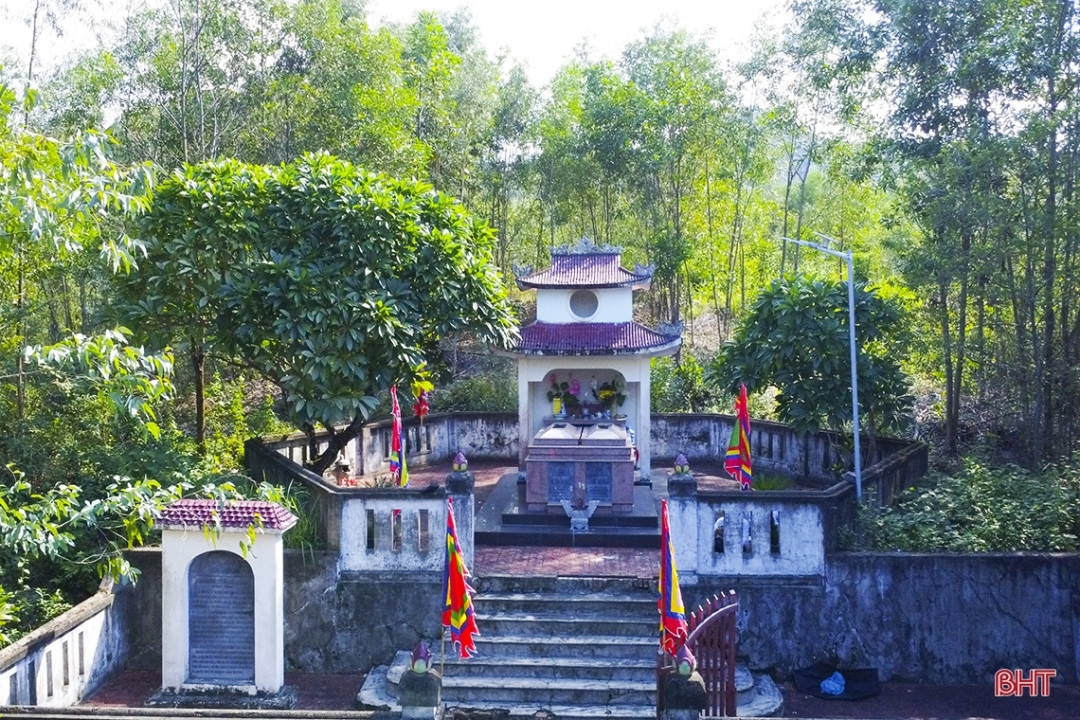 |
| The tomb of La Son Phu Tu Nguyen Thiep . Photo: Ha Tinh Newspaper |
The tomb of La Son Phu Tu Nguyen Thiep is located just a short walk from Luc Nien citadel. From the Thanh lake waist road, climb hundreds of high steps to reach the tomb and hermitage of the philosopher La Son Phu Tu Nguyen Thiep (1723 - 1804) on Bui Phong mountain in Thien Nhan range. This tomb was ranked as a national historical and cultural relic in 1994. Right next to the tomb, La Son Phu Tu's house still has traces of the house foundation, part of the house wall, yard and screen in front of the gate.
Nguyen Thiep was from Ha Tinh, passed the Huong exam in 1743, served as an official for a short time then retired to live in seclusion on Thien Nhan mountain, read books, and researched philosophy. In addition to the title La Son Phu Tu, people also called him Lap Phong Cu Si, or called him Luc Nien (because he lived in seclusion near Luc Nien citadel). Lord Trinh invited him to become an official many times but he refused. Only when King Quang Trung patiently asked for wise men 3-4 times did he agree to help.
In 1791, following the summons of King Quang Trung, Nguyen Thiep went to Phu Xuan to present a memorial to the king to discuss three matters that he considered most essential: military virtue, humanity, and learning. The king authorized him to organize the translation of contemporary academic books into the national language. In 1792, King Quang Trung suddenly passed away, leaving Nguyen Thiep's career unfinished. In 1801, Nguyen Thiep went to Phu Xuan to help Quang Toan but was detained by Nguyen Anh. Nguyen Anh persuaded him to help but he refused. Nguyen Anh secretly admired him, treated him kindly, and issued an order for him to return to his hometown. Nguyen Thiep paid all his salary, lived in poverty at Bui Phong camp on Thien Nhan mountain, taught students and read books. In 1804, he passed away (at the age of 81) and was buried near his hermitage.
History books also clearly recorded Nguyen Thiep's contributions, such as agreeing with King Quang Trung to determine the time to attack the Qing army; the "lightning speed" strategy was proposed by him. He also affirmed in advance that Quang Trung would defeat the Qing army. He took the position of Director of the Sung Chinh Institute, directed the translation of books in Chinese and Nom characters; proposed to Quang Trung the matter of political education, emphasizing the teaching of ethics.
La Son Phu Tu Nguyen Thiep was not only a talented military and politician but also a profound thinker. He left behind profound educational and ethical thoughts for posterity.
Source: https://baodaklak.vn/van-hoa-du-lich-van-hoc-nghe-thuat/202509/tham-mo-danh-si-nguyen-thiep-5490663/







![[Photo] Hanoi morning of October 1: Prolonged flooding, people wade to work](https://vphoto.vietnam.vn/thumb/1200x675/vietnam/resource/IMAGE/2025/10/1/189be28938e3493fa26b2938efa2059e)
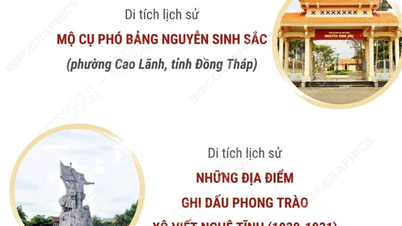













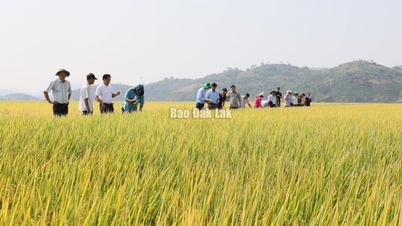
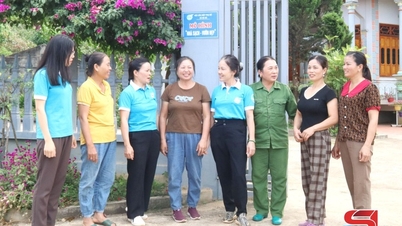









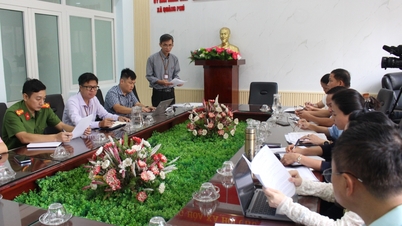
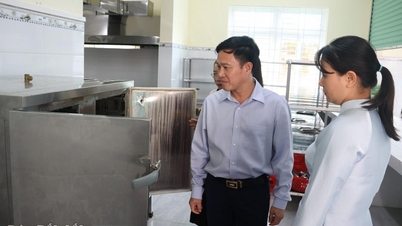


![[Photo] President Luong Cuong receives President of the Cuban National Assembly Esteban Lazo Hernandez](https://vphoto.vietnam.vn/thumb/1200x675/vietnam/resource/IMAGE/2025/9/30/4d38932911c24f6ea1936252bd5427fa)
![[Photo] Panorama of the cable-stayed bridge, the final bottleneck of the Ben Luc-Long Thanh expressway](https://vphoto.vietnam.vn/thumb/1200x675/vietnam/resource/IMAGE/2025/9/30/391fdf21025541d6b2f092e49a17243f)
![[Photo] The 1st Congress of Phu Tho Provincial Party Committee, term 2025-2030](https://vphoto.vietnam.vn/thumb/1200x675/vietnam/resource/IMAGE/2025/9/30/1507da06216649bba8a1ce6251816820)




















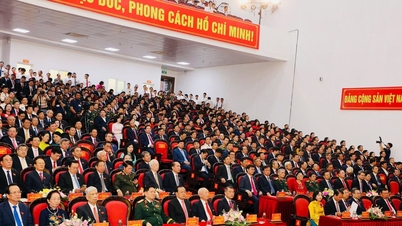

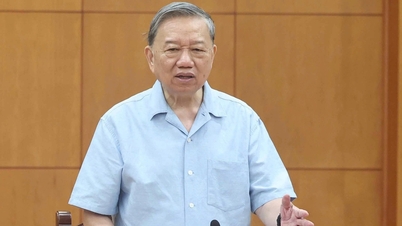
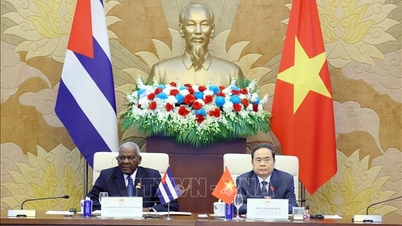









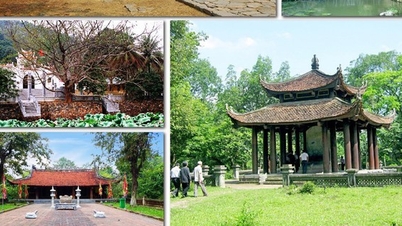


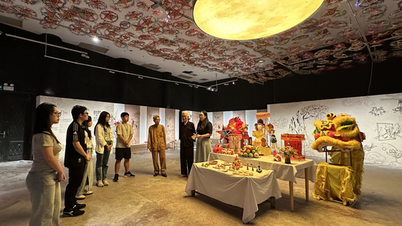
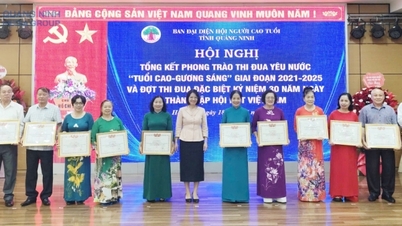




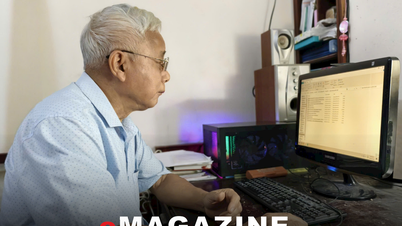

















Comment (0)